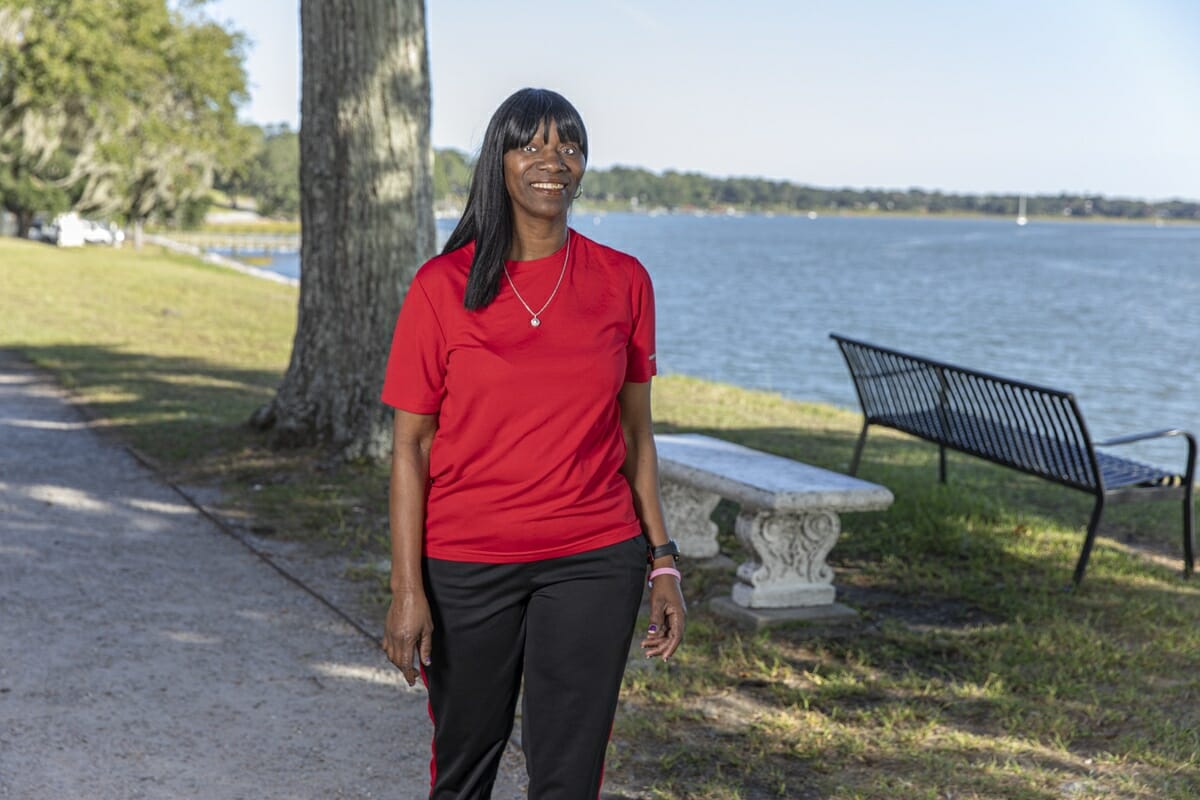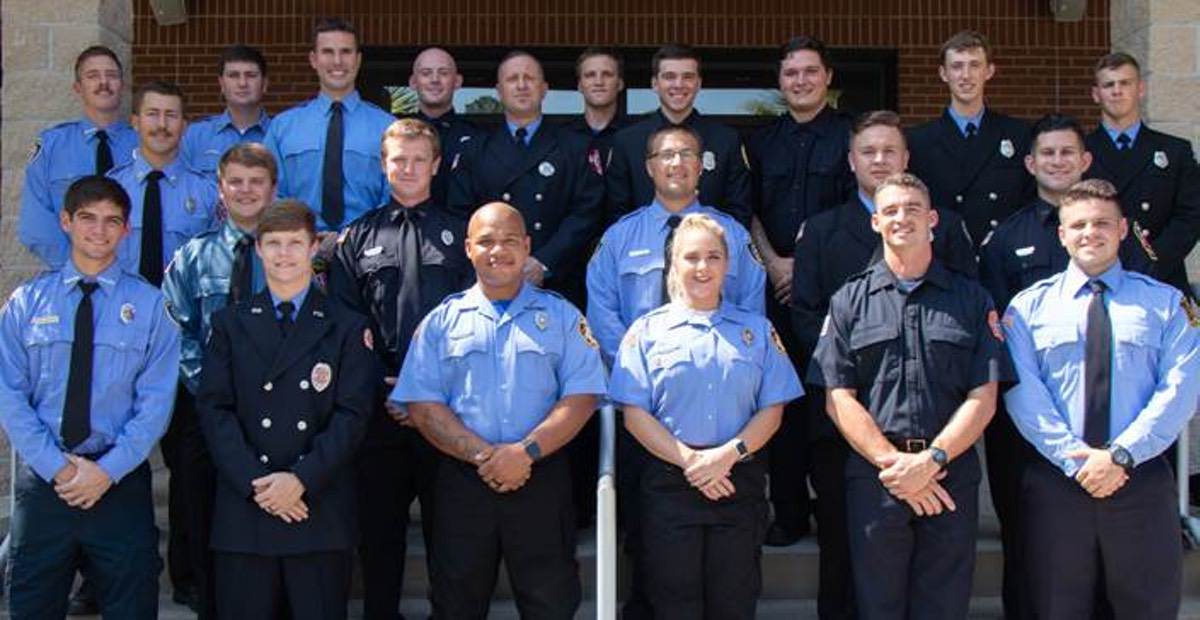By MARIE McADEN
Between her full-time job at Beaufort Memorial Hospital (BMH) and babysitting her five grandkids, Willie Mae Powell had little time for much of anything else in her busy work week. Before she knew it, two years had passed since her last screening mammogram.
But the 55-year-old Beaufort resident wasn’t worried.
“Breast cancer doesn’t run in my family,” she said.
What she didn’t realize was that most women who develop breast cancer do not have a family history. In fact, according to the American Cancer Society, only 15 percent of women with breast cancer have a relative who had the disease.
Then one evening this spring, she felt a lump in her right breast. The disconcerting discovery was all the motivation she needed to make an appointment for a mammogram at Beaufort Memorial’s Breast Health Center.
The X-ray revealed a suspicious lesion in her breast, which turned out to be a malignant tumor. Powell’s cancer was triple negative, a type of tumor that does not have any of the three receptors known to fuel most breast cancer growth.
Triple negative occurs in about 10 to 20 percent of diagnosed breast cancers, often in younger women, African Americans, Hispanics and those with a BRCA1 gene mutation. It can be difficult to treat because hormone therapy and the drugs that target the three common cancer receptors – estrogen, progesterone and the HER-2 gene – are ineffective.
“When they told me I had cancer, I couldn’t believe it,” said Powell, who has worked at BMH for 20 years and now serves as supervisor of Environmental Services. “I was very upset. And then a week later my husband found out he had multiple myeloma. I went into a little bit of a depression.”
To help her understand the complex treatment process involved in fighting the disease, Beaufort Memorial breast care navigator Chris Marino met with Powell as soon as she was diagnosed. She helped her set up appointments with the three board-certified BMH physicians who would be treating her cancer – medical oncologist Dr. Marcus Newberry, general surgeon Dr. Stephen Sisco and radiation oncologist Dr. Jonathan Briggs – and accompanied her on the office visits with the physicians.
“Cancer is a scary word,” Marino said. “There are a lot of steps involved in the treatment of the disease. My job is to make those steps easier for the patient.”
After meeting with Powell and evaluating her case, the cancer team developed an evidence-based treatment plan.
“With triple negative breast cancer, you treat with chemotherapy pre-operatively to see the pathologic response it has on the tumor,” Newberry said. “More than 50 percent of cases will result in a pathologic complete response. If there’s residual disease, we can give the patient additional medication post-operatively to increase the chances of a long-term cure.”
Powell’s treatment plan started with 16 rounds of chemo at the Beaufort Memorial Infusion Center. After the fourth round, she began to lose her hair. And it got worse from there.
“I was very sick,” Powell recalled. “But I worked right through it. It helped me put my mind on something else.”
Along with Marino’s advice and encouragement, Powell has relied on the support of her hospital co-workers and family. Her husband, Ricky, and her daughter, Celless, have kept her spirits up, motivating her to push through the worst times.
“She’s very strong,” Marino said. “You pass her in the hallway and you have no idea she has cancer. She’s always upbeat and smiling.”
Powell finished her chemo treatments in September and the results have been encouraging.
“We monitor for disease growth throughout the chemo process,” Newberry said. “The ultrasound midway through the treatments showed it had shrunk.”
She won’t know if she had a pathologic complete response until she undergoes surgery, which will involve removing breast tissue as well as some lymph nodes. Following her surgery this month, she’ll begin radiation therapy.
“Radiation reduces the risk of recurrence in the chest and lymph nodes,” said Briggs, a board-certified radiation oncologist at the hospital’s Keyserling Cancer Center. “Typically, it’s a six-week course of treatment with 15 minutes of radiation five days a week.”
Now months into her cancer journey, Powell is looking forward to getting back to doing the things she loves – fishing and crabbing with her husband and spending time with her grandkids.
“I appreciate everything that’s been done for me,” Powell said. “The staff at the Breast Health Center, and the doctors – everyone has been wonderful.”
EDITOR’S NOTE:
Beaufort Memorial Hospital promotes a story about a breast cancer survivor each year to help promote awareness.
One in eight women will develop breast cancer, but early detection can save your life. Have you or your loved ones had your mammogram this year? Get screened today.
Beaufort Memorial has partnered with MDsave to provide $99 screening mammograms through October 31. Mammograms purchased in October can be scheduled any time in the next six months. Visit MDsave.com/beaufort for information or to purchase.
Photo by Paul Nurnberg









